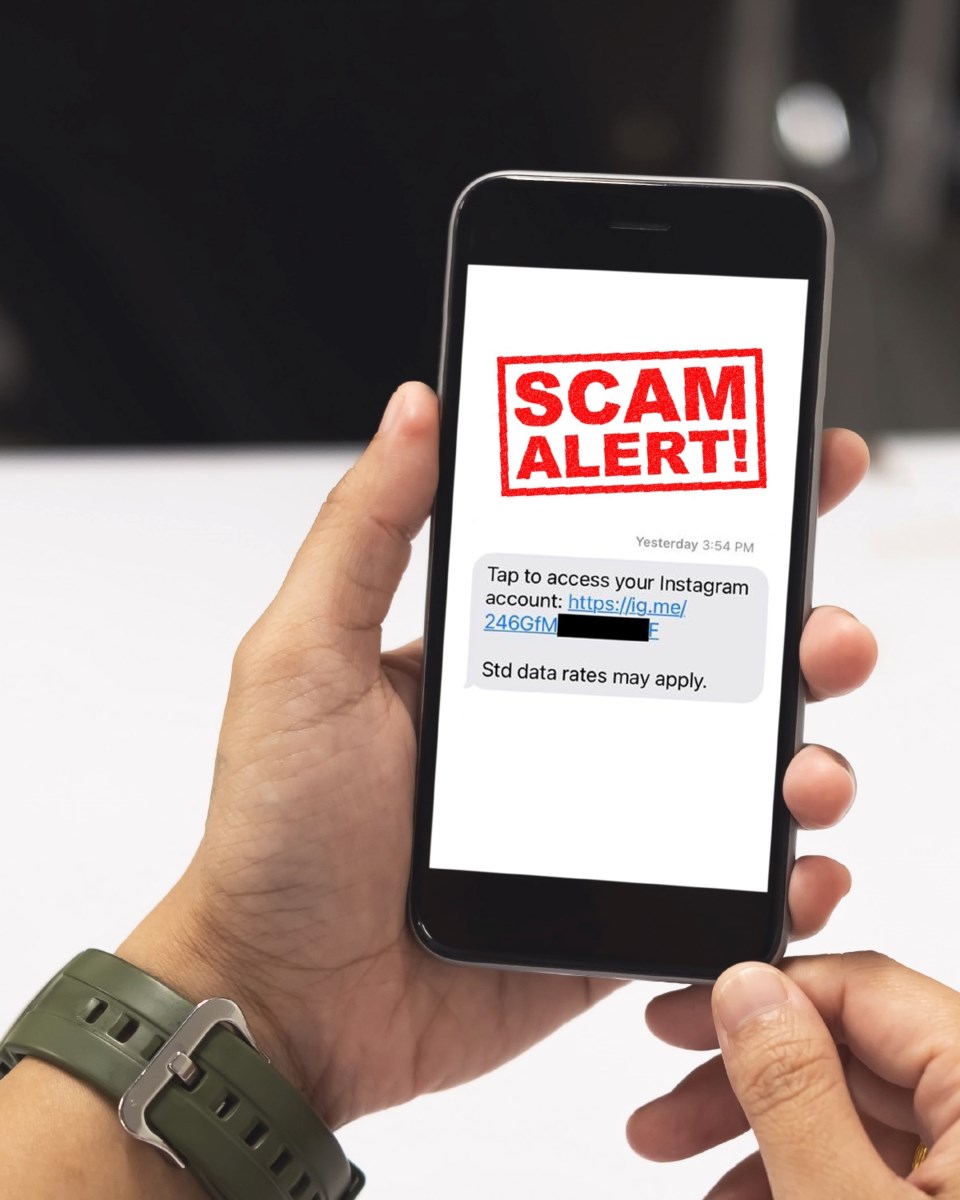As back-to-school time approaches, the Better Business Bureau (BBB) is advising college and university students to be vigilant about scams designed specifically to target their demographic.
Three of the most common scams directed towards students are rental properties, online purchases, and employment opportunities.
“As students return to class, they’re often juggling multiple priorities — such as finding an apartment, attending classes, securing jobs and settling into their new spaces — [so] they may be pushing caution aside as they attempt to make quick decisions or get the best deals,” says Neesha Hothi, the BBB’s Director of Marketing and Communications. “Scammers see this as an opportunity to exploit students whose minds are too preoccupied to spot the scam.”
RENTAL PROPERTIES
Seeking rental accommodation for the school year is possibly the highest priority for students.
The BBB highly recommends that students always see a property in person (or send a friend), as online photos and descriptions may be highly inaccurate.
If you see multiple listings that feature the same photos of the property, but are for different addresses, consider this a warning sign. It’s likely that the scammer has repurposed the same photos for multiple listings, all of which are fake.
As well, never send money (for instance, for a security deposit or first and last month’s rent) via an e-transfer app. Always use a well-known financial institution, and don’t send money to a recipient outside of Canada.
If your rental application is approved, ensure that both you and the landlord sign it, and insist that the landlord’s address be included.
ONLINE PURCHASES
If an offer seems too good to be true, it probably is. Never purchase an item (especially a hard-to-find one) online if its price is unusually low. Chances are you’ll never receive your purchase. Alternately, you may receive a counterfeit product that’s of poor quality.
Marketplace websites, where items are sold by private individuals, are notorious for scams. Don’t buy an item unless you have the opportunity to see it in person. If the seller declines to meet up, continue your search elsewhere.
Lastly, use a credit card to pay. Credit-card purchases are traceable, and many cards offer fraud protection, so you likely can get your funds back if you either don’t receive your item or it doesn’t represent the online description.
EMPLOYMENT SCAMS
Many students need to secure a part-time job during the school year to help cover the costs of rent, groceries and other necessities.
But listings for non-existent student jobs are an increasingly common type of scam.
The BBB suggests that if you see an appealing listing on a third-party job site, check the employer’s own website to cross-reference it. If the information doesn’t match, or if the employer’s website doesn’t list such a job, it’s probably a scam. Apply for a job through the employer’s own site whenever possible.
As well, if a prospective employer asks you to purchase equipment (such as a laptop or a “company” smartphone) with the promise that you’ll be reimbursed through your first paycheque, continue your job search elsewhere.
On a related note, walk away from any job offerings that ask you to pay an upfront fee. Legitimate employers never do this.
Visit to verify the authenticity and reputation of a potential employer. And if you should encounter a scam, report it on the BBB Scam Tracker at .



